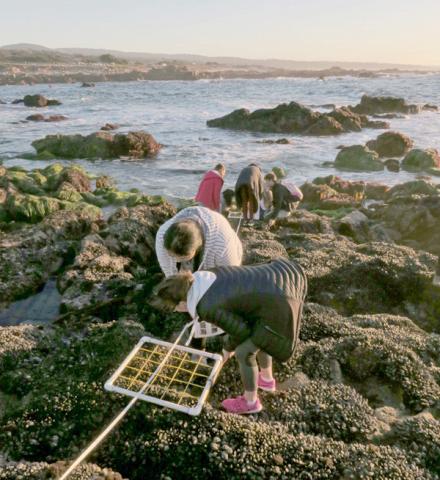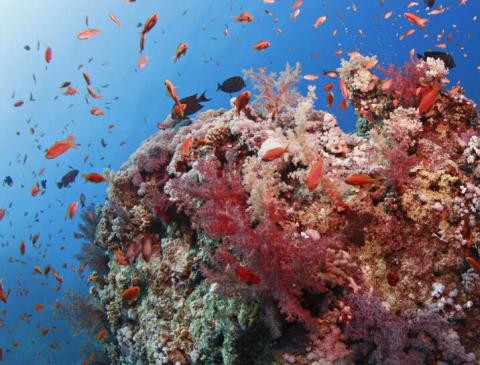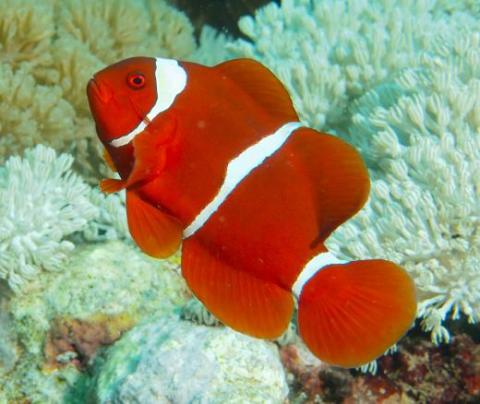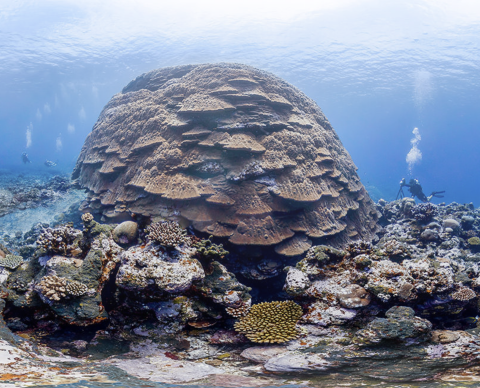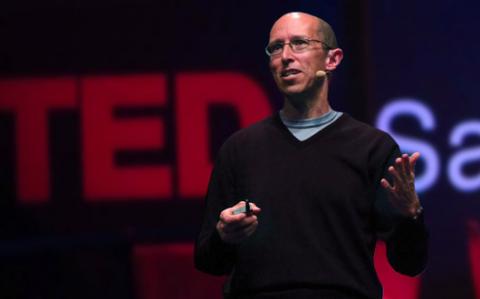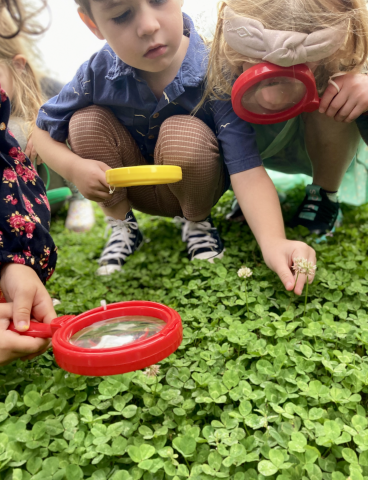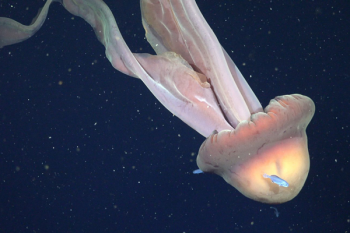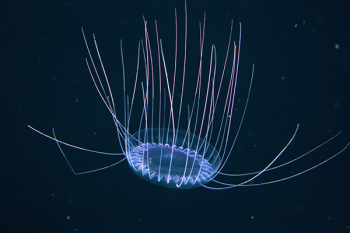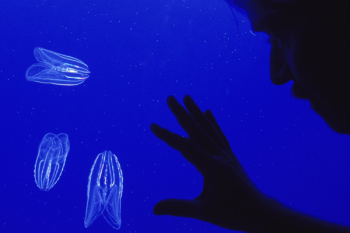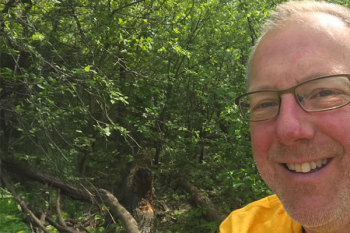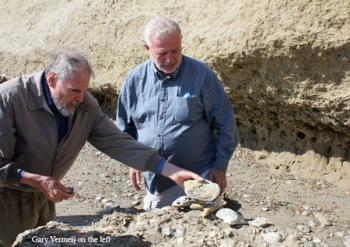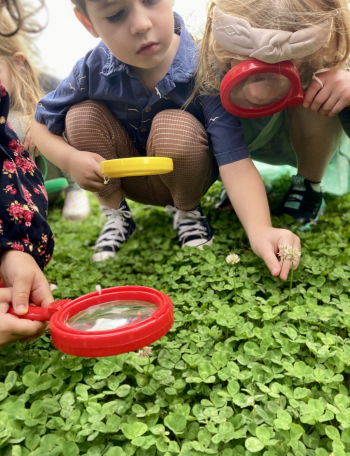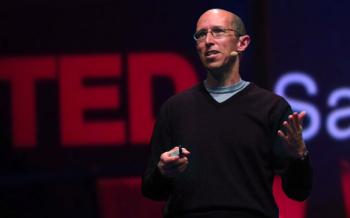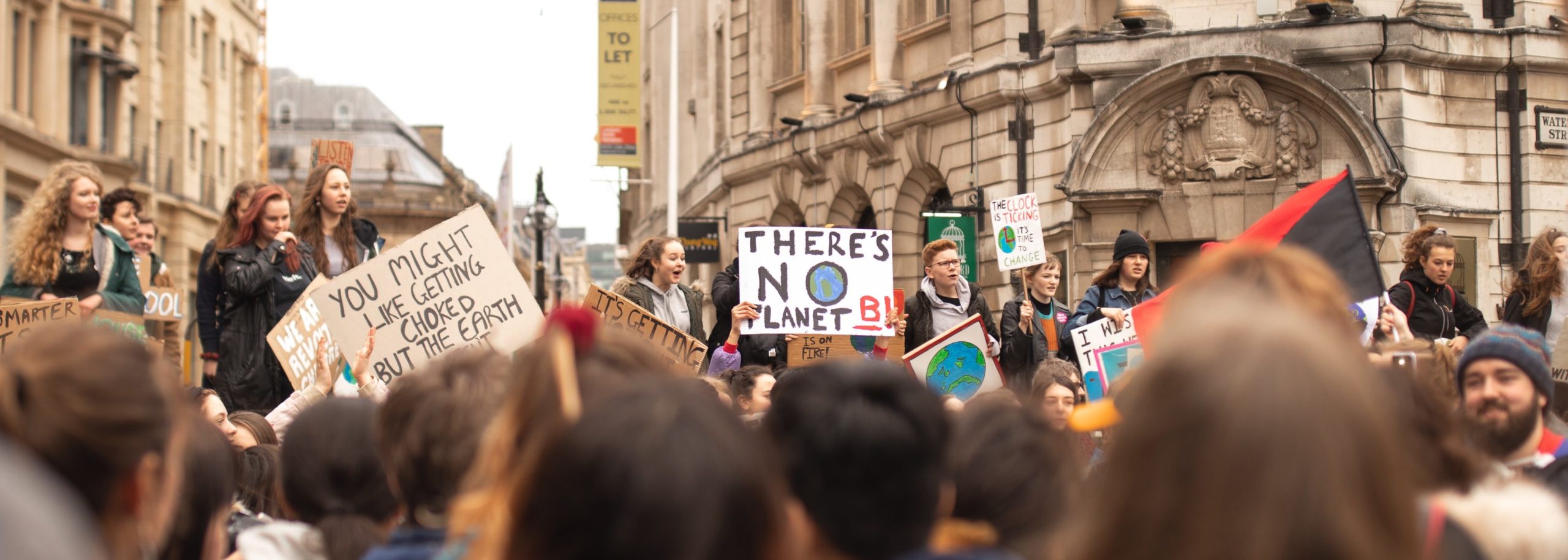
A 2019 NPR/Ipsos poll shows that 80% of parents wish that schools taught climate change. And even more teachers, 86%, agreed that climate change should be taught in schools. National Science Teachers Association recently issued a position statement “calling for greater support for science educators in teaching evidence-based science, including climate science and climate change.”
There are many challenges to teaching about the climate crisis. In some places, it’s political and highly charged. But students are demanding climate change education. 2019 was considered the year of the “climate strike,” with student-led, huge climate demonstrations, and the movement continues to grow. Looking at signs from these events, it’s clear that many students have climate anxiety and stress and feel that they have little power. “About three-quarters of young people felt that the “future is frightening;” about half said that they experienced climate anxiety to a degree that affected their daily lives; and about a quarter indicated fear about having children due to the climate crisis.”
Teaching Resources
The Climate Literacy and Energy Awareness Network (CLEAN) is a great resource for materials for teaching about the climate crisis. We’ve looked at some of the lessons and resources and recommend the ones below:
- What Do You Know About Climate Change: 10 questions about the basics of climate change; and another simple quiz
- A coral bleaching infographic
- A video about climate change impacts on biodiversity
- A video explaining ocean acidification
- Students explore sea level rise
The National Council for Science Education (NCSE) also has climate change resources. Their mission is “We give science teachers the tools and skills they need to help their students overcome misconceptions and misinformation about climate change and evolution. ”They have many climate change resources, Teaching Ambassadors, and lessons including those below.
- A lesson for high school about the scientific consensus
- A lesson for high school on climate change locally
- A lesson for high school on climate solutions
This is a teacher-friendly guide about climate change that you can download
If you want to delve further into the emotions that some of your students may have about the climate crisis, read this blog by the author of “Gen Dread.”
To counter young peoples’ feeling of helplessness in the face of climate change, the Climate Initiative, a grassroots movement, aims to empower young people to be agents of change.
NPR gives ideas for teaching climate change in the classroom. If graphs can help, here are some.
Green Ninja has many resources about climate change for upper elementary and middle school students.
NASA has resources for explaining climate science with games, activities and videos.
Some students have created their own podcasts about climate change.
Edutopoia has examples and resources about teaching the climate crisis across disciplines.
This fun and sophisticated interactive lets high school students, and older, understand the possible solutions to the climate crisis by simulating solutions.
NOAA has a lesson plan about responding to climate change.
The Monterey Bay Aquarium Research Institute has a toolkit on ocean acidification.
From Yale Climate Communications resources about communicating about climate change and basic information.
Shape of Life has several climate crisis lessons.
